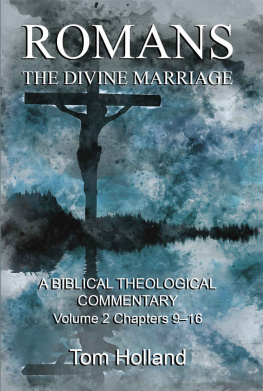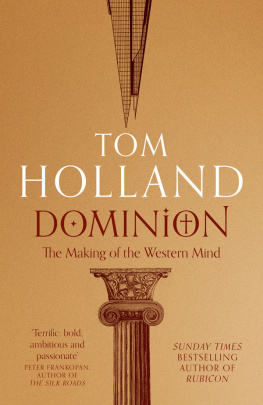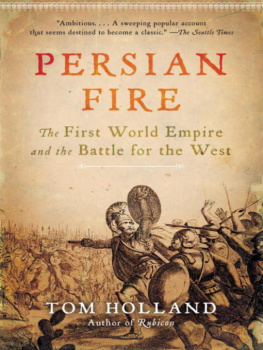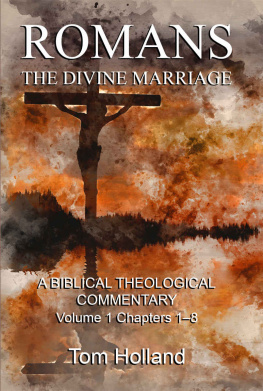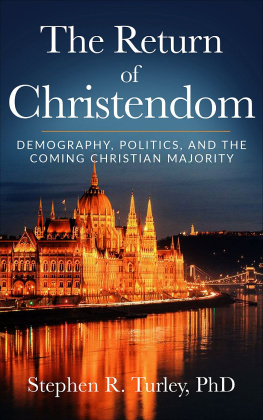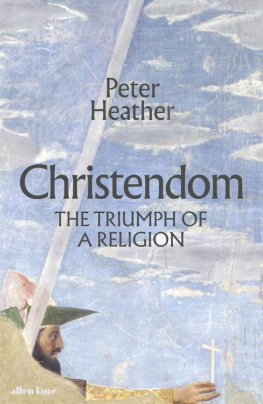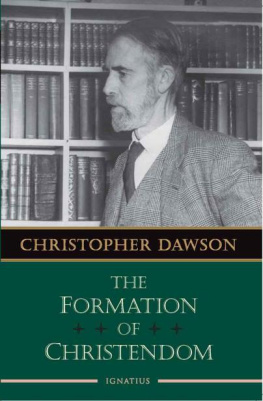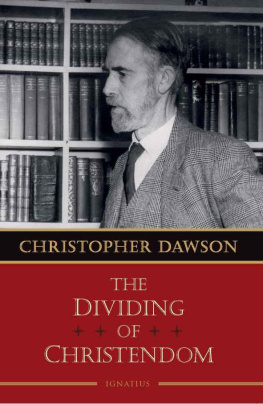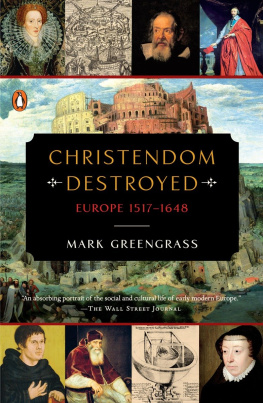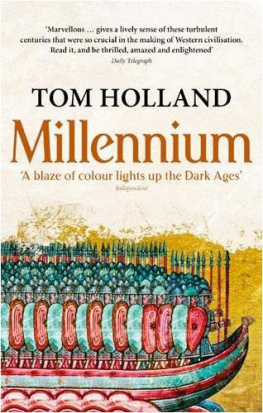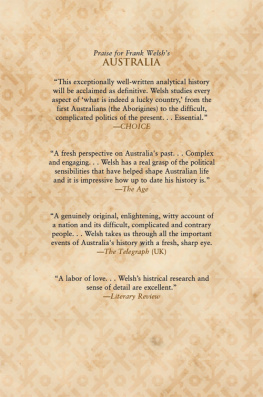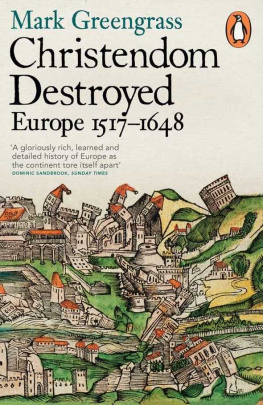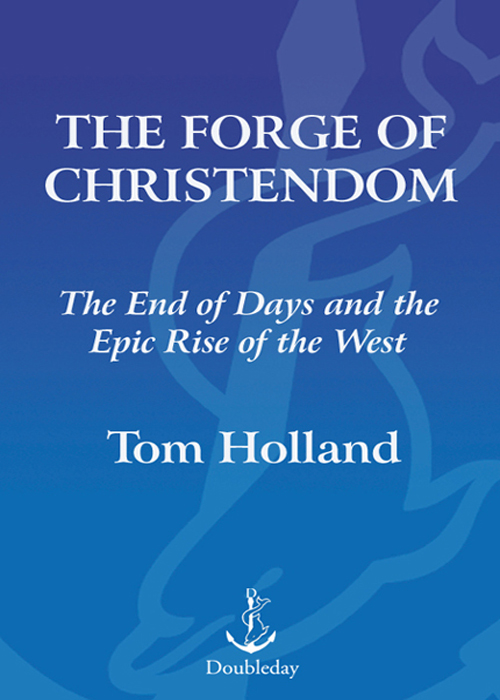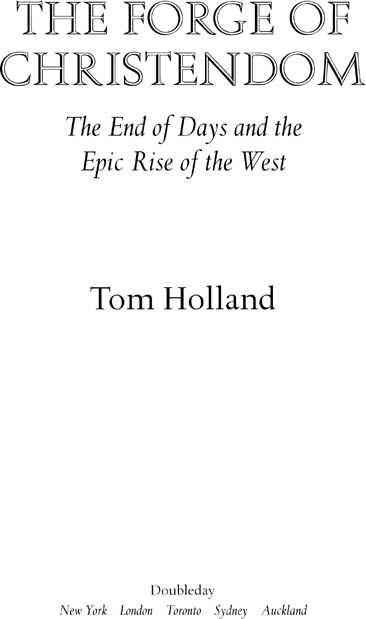Since pilgrimage is one of the major themes of this book, perhaps it is only fitting that the writing of it should often have seemed a long and winding road. I owe an immense debt of gratitude to everyone who helped me finally to arrive at my journeys end. To Richard Beswick and Iain Hunt, my editors, and miracle-workers both. To Susan de Soissons, Roger Cazalet, and everyone else at Little, Brown, for all their unswerving support. To Jake Smith-Bosanquet, for his doughty batting as well as for his suave negotiating technique, and to Patrick Walsh, the best of agents, and the dedicatee of this book. To Gerry Howard, for his encouragement at a key moment of despondency, and to Frits van der Meij, for all his trained medievalists guidance. To James Palmer and Magnus Ryan, for giving the manuscript an exactingly indeed, intimidatingly close reading, and for being so incredibly generous with their time, scholarship and advice. To Robert Irwin, the non-pareil of contemporary orientalists, for reading the chapters on Christendoms engagement with Islam. To Ben Yates, who bodes well to be the future of Norse studies in this country, for reading the final draft through despite all the other demands on his time and to invaluable effect. To David Crouch, for opening my eyes fully to the challenges that lay ahead. To Michael Wood, for confirming me in my opinion that there is no period more fascinating and under-studied than the tenth century. To Andrea Wulf and Maike Bohn, who more than made up for my deplorable lack of German and yes, Andrea, Holy Lances are more interesting than plants. To Jamie Muir, for reading the chapters through as they were written with all his customary acuity and good humour, and for accompanying me around the housing estate that now occupies the site where Harald Hardrada fell. To Caroline Muir, for running round and round the local park with me whenever I felt the need to escape the first Millennium or, indeed, to reflect upon it away from my desk. To Father Dunstan Adams OSB, for enabling me to share, if only briefly, in the daily rhythms that once animated Cluny. To Marianna Albini, for accompanying me to Canossa. To my brother, James Holland, for buying me a Norman helmet. To my parents, Jans and Martin Holland, for bringing me up in the very heartlands of Wessex. Above all, to my beloved family, Sadie, Katy and Eliza, for putting up with my lengthy bouts of hermitlike seclusion, for accompanying me uncomplainingly around Danish tumuli and Auvergnat churches alike, and for allowing me to name our cats Harold and Edith. Beatus vir qui implevit faretram suam.
Preface
Just the worst time of the year for a journey and the worst of years as well. Everyone was talking, that late December, about how there had never been a winter like it. Snow had been falling for weeks, and in the mountains, across the Alps, the drifts lay especially thick. No surprise, then, that as a small party of some fifty travellers toiled and switchbacked their way up the steep slopes of Mount Cenis, they should have been urged by locals to turn round, to delay their mission, to await the coming of spring. For so covered with snow and ice were the gradients ahead, they were warned, that neither hoof nor foot could safely take step on them.
Even the guides, men seasoned by years of Alpine storms, confessed themselves alarmed by the savage conditions. Dangerous though the ascent was, they muttered, yet the descent would prove even worse. And sure enough, so it did. Blizzards and freezing temperatures had transformed the road that led down towards Italy into one lethal flume of tightly packed ice. As the women of the party gingerly took their places on sledges fashioned out of ox hides, so the men were left to slip and slither onwards on foot, sometimes clutching the shoulders of their guides, sometimes scrabbling about on all fours. An undignified way for anyone to travel but especially so for a Caesar and his entourage.
One thousand and seventy-six years had passed since the birth of Christ. Much had changed over the course of that time: strange peoples had risen to greatness, famous kingdoms had crumbled away, and even Rome herself, that most celebrated of cities, the one-time
What, then, and in the very dead of winter too, was Gods deputy up to, collecting bruises on a mountainside? Such a prince, at Christmas time, should properly have been seated upon his throne within a fire-lit hall, presiding over a laden table, entertaining dukes and bishops. Henry, the fourth king of that name to have ascended to the rule of the German people, was lord of the greatest of all the realms of Christendom. Both his father and his grandfather before him had been crowned emperor. Henry himself, though he was yet to be graced formally with the imperial title, had always taken for granted that it was his by right.
Recently, however, this presumption had been dealt a series of crushing blows. For years, Henrys enemies among the German princes had been manoeuvring to bring him down. Nothing particularly exceptional there: for it was the nature of German princes, by and large, to manoeuvre against their king. Utterly exceptional, however, was the sudden emergence of an adversary who held no great network of castles, commanded no great train of warriors, nor even wore a sword. An adversary who nevertheless, in the course of only a few months, and in alliance with the German princes, had succeeded in bringing Christendoms mightiest king to his knees.
Gregory, this formidable opponent called himself: a name suited not to a warlord but to the guardian of a grex, a flock of sheep. Bishops, following the example of their Saviour, were much given to casting themselves as shepherds and Gregory, by virtue of his office, was owner of the most imposing crook of all. Bishop of Rome, he was also very much more than that: for just as Henry liked to pose as the heir of the Caesars, so did Gregory, from his throne in Christendoms capital, lay claim to being the Father, the Pope, of the universal Church. A sure-fire recipe for conflict? Not necessarily. For centuries now, a long succession of emperors and popes had been rubbing along together well enough, not in competition, but in partnership. There are two principles which chiefly serve to order this world: the hallowed authority of pontiffs and the power of kings. So it had been put by one pope, Gelasius, way back in AD 494.
Admittedly, the temptation to blow his own trumpet had then led Gelasius to the grand assertion that it was he, and not the emperor, who bore the graver responsibility: for it is priests, at the hour of judgement, who have to render an account for the souls of kings.But that had been just so much theory. The reality had been very different. The world was a cruel and violent place, after all, and a pope might easily find himself hemmed in around by any number of menacing neighbours. A shepherds crook, no matter how serviceable, was hardly proof against a mail-clad predator. As a result, over the centuries, while no emperor had ever clung for protection to a pope, many a pope had clung to an emperor. Partners they might have been but there had never been any question, in brute practice, of who was the junior.


